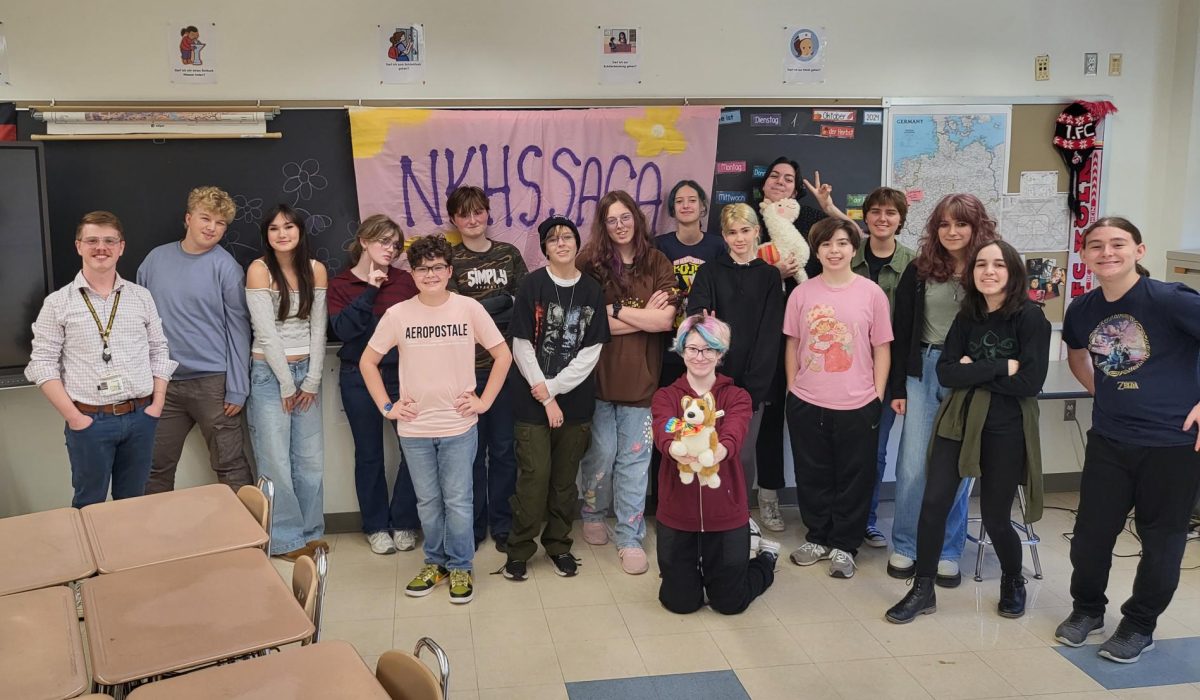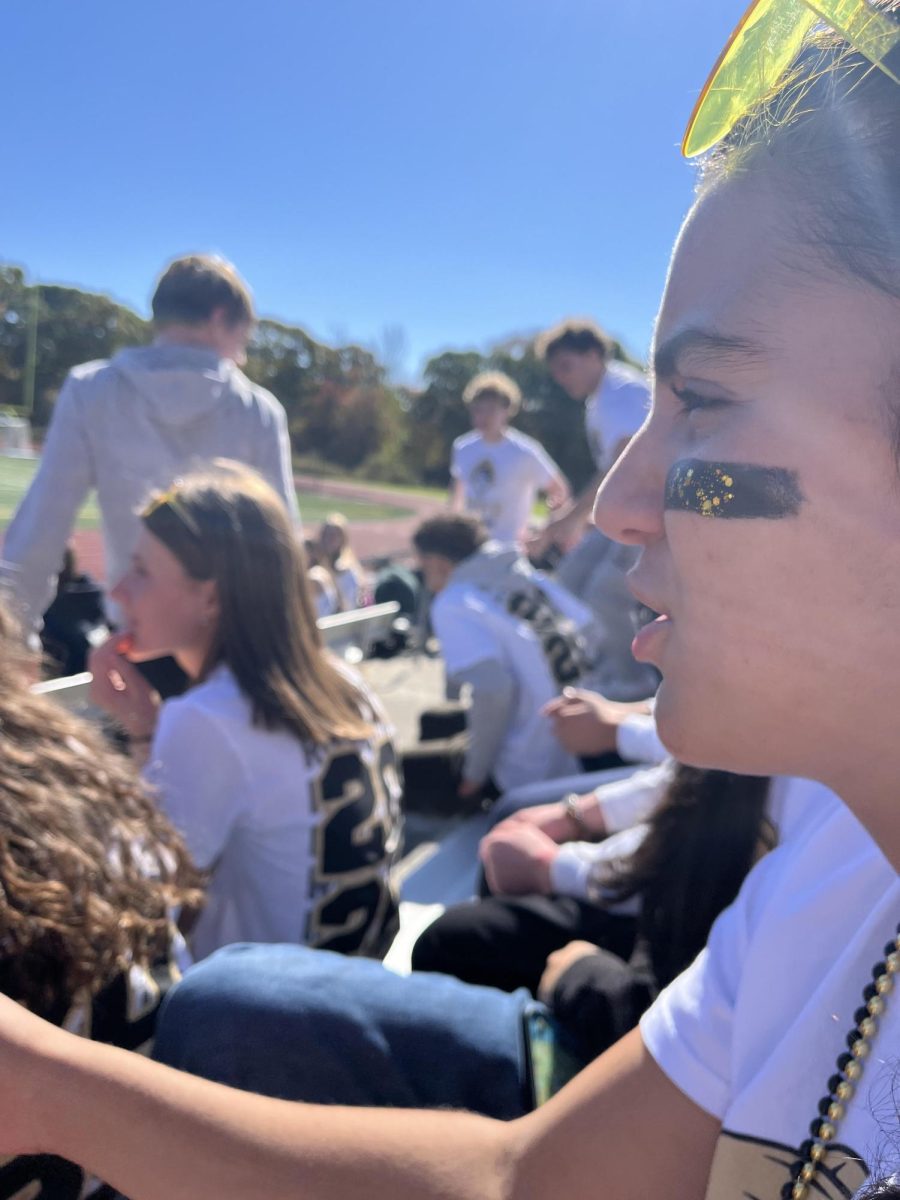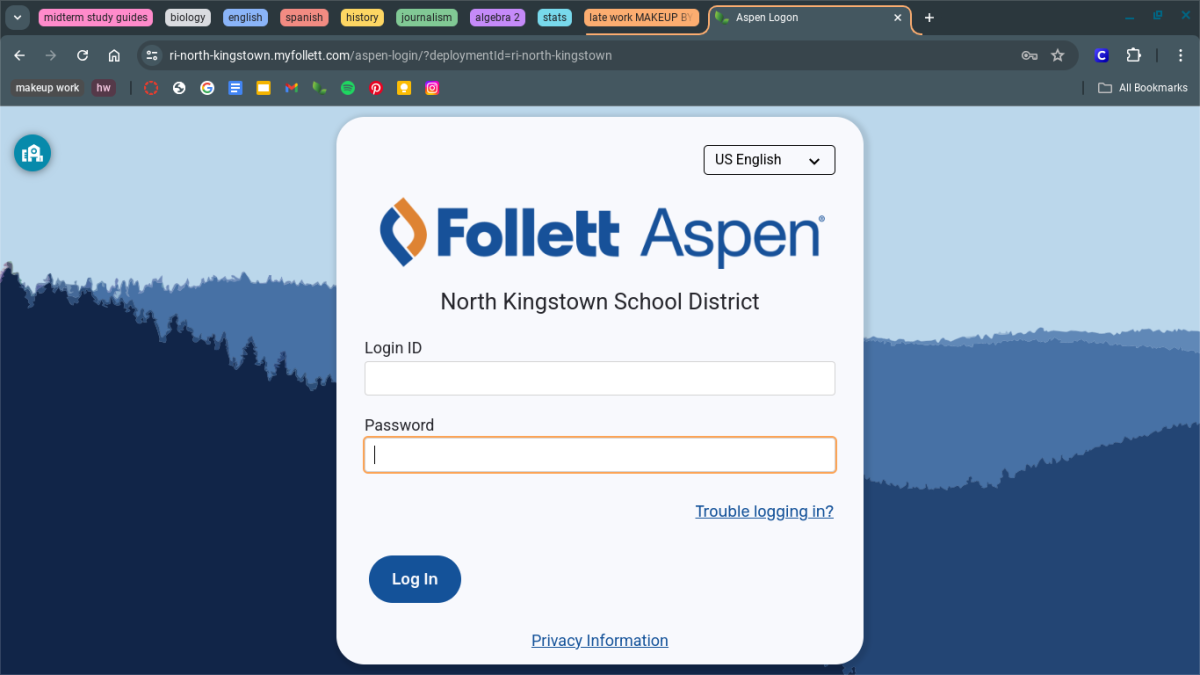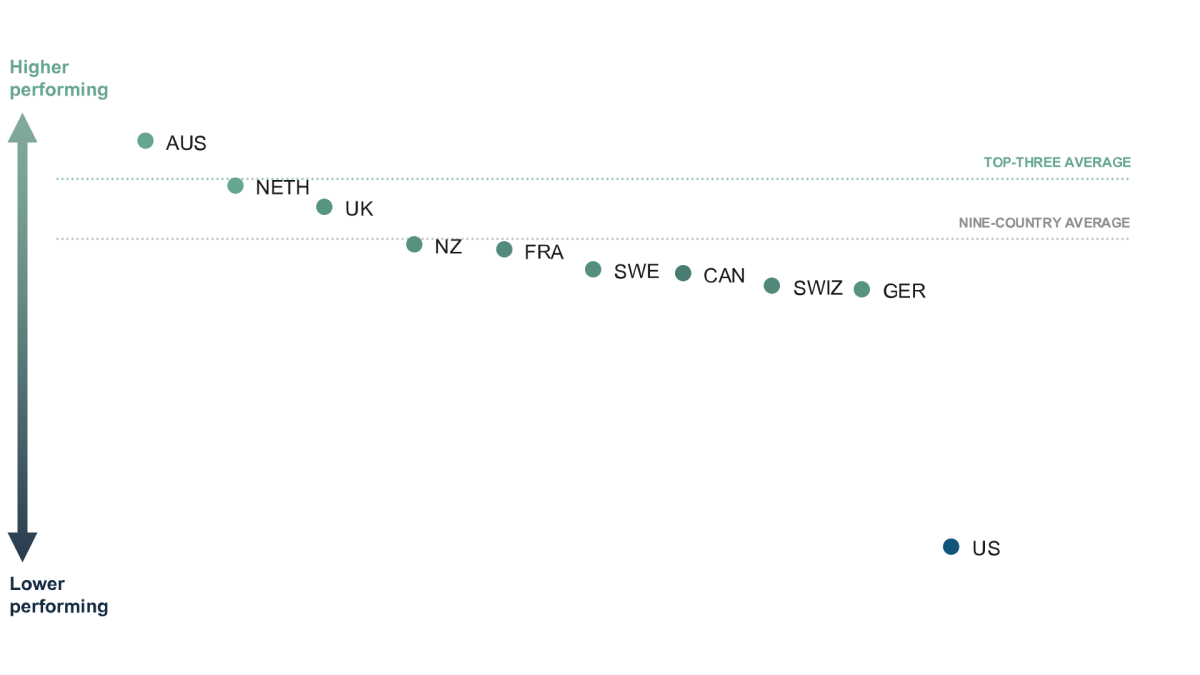Administrators seek to improve relations with students, make disciplinary reforms
In an effort to increase the fairness of disciplinary policies, mitigate the effect of punishments on instructional time for students, and improve relations with the student body, administrators at NKHS are attempting to reduce out-of-school suspensions, reconsider other forms of punishment, and create positive bonds with students.
The administrators acknowledge that some current disciplinary policies, especially out-of-school suspensions, pose a threat to many of NKHS’s most vulnerable students.
In fact, according to data from the American Civil Liberties Union of RI (ACLU-RI), the NK School District has one of the highest disparities across the state between students with individualized education plans (IEPs) who were suspended and students without IEPs who were suspended. Suspension rates in the school district from the 2013-14 school year, the most recent year in which suspension-related data is available, reflect this disparate ratio. Even though students with IEPs only represented 10.68 percent of the NKSD population during the 2013-14 school year, almost half (48.94 percent) of students who were suspended that year had IEP’s. Similar trends persisted in the ACLU-RI data from the 2013-14 school year regarding suspension rates for Hispanic and African-American students versus suspension rates for white students.
According to Mrs. Donna Sweet, Assistant Principal for Student Services, this year, “the number [of students with IEP’s who have been suspended] is much lower and the gap is more proportionate” between students with IEP’s who have been suspended and other students who have been suspended.
“It is my goal to look at our disciplinary infractions and consequences and decide what needs to be adjusted,” Sweet said. “[As administrators,] it is our goal to not have students out of instructional time for infractions that stem from tardiness, truancy, or insubordination.” Dr. Barbara Morse, Assistant Principal for Teaching and Learning, especially recognizes the potential effects of out-of-school suspensions on a student’s academic performance. Morse has observed that “out-of-school suspensions affect a student’s academic performance unless the student is motivated to complete their make up work and get extra help on the concepts missed in instruction.”
As an alternative to out-of-school suspensions, Sweet and her fellow administrators have been sending students to Room 202, where they spend time with Mrs. Cindy Zito in the P.A.S.S. (Positive Alternative to Out-of-School Suspensions) program.
However, the administrators recognize that out-of-school suspensions are occasionally unavoidable. “Even though we strive to keep students in school whenever possible, some behavioral problems, such as fighting or drug abuse, warrant nothing short of an out-of-school suspension,” said Dr. Denise Mancieri, principal. In cases where out-of-school suspensions are necessary, the administrators have sought to ease the transition for students after they return to school by introducing in-take meetings. At in-take meetings, students who are returning from out-of-school suspensions meet with their parents and administrators before they head back to class.
“These meetings give us the opportunity to go back to the root of the problem,” Sweet said. “They have always been positive, and they allow students to reflect and move forward in a positive manner.”
In addition, the administrators have created lunch detentions this year as an alternative option for students who cannot stay after school to serve tardiness-related detentions. They added detentions during lunch as a result of student feedback, and hope that such detentions will prevent students from facing further repercussions that stem from missed after-school detentions. “By giving students an alternative during the school day to after-school detentions, we can prevent missed after-school detentions from escalating to in-school suspensions or other disciplinary consequences,” Mancieri said.
Later this year, Mancieri, Morse, and Sweet also intend to research some other alternative disciplinary approaches, such as giving some students the opportunity to do community service instead of serving a detention, for example. “We want to make sure that our disciplinary policies are rehabilitative for students,” Sweet said.
Along with Sweet, Morse, and Mancieri, the deans, Mr. Steven Clarke and Mr. Brian McDonald, are attempting to foster positive relationships with the student body by creating a climate of mutual respect. “I make sure to respect students and treat them the way I want to be treated,” McDonald said. “It’s important to recognize that a student isn’t a bad person just because they don’t always follow the rules.”
The deans also strive to be friendly and approachable so that students will not hesitate to ask them when they need help. “I try my best to communicate with students and be approachable,” Clarke said. “I want to work with them and make things better.”
In addition, Sweet, Morse, Mancieri, and the deans encourage student feedback. “Student input allows us to think creatively and solve problems,” Sweet said. “We like to give students a choice.”
In fact, suggestions from students have not only led the administrators to implement lunch detentions, but they have also prompted the administrators to allow students to use the bathrooms and go to their lockers during advisory.
According to McDonald, student members of the school’s PBIS (Positive Behavioral Interventions and Supports) Advisory Board recently convinced him and other administrators to overturn a rule that prohibited students from leaving their advisories in order to use the bathroom or retrieve items from their lockers. The students complained that long lines in the bathrooms, either before advisory or after it, caused them to arrive late to advisory or their third period classes.
Even though Sweet and her fellow administrators have many roles, which range from reprimanding students to overseeing parking privileges and making sure that the heat in the building is functioning, they agree that the students are their primary focus and their main source of motivation. “The most enjoyable part of my day, by far, is working with students,” Sweet said.
Your donation will support the student journalists of North Kingstown High School. Your contribution will allow us to distribute a print edition of the Current Wave to all students, as well as enter journalism competitions.










